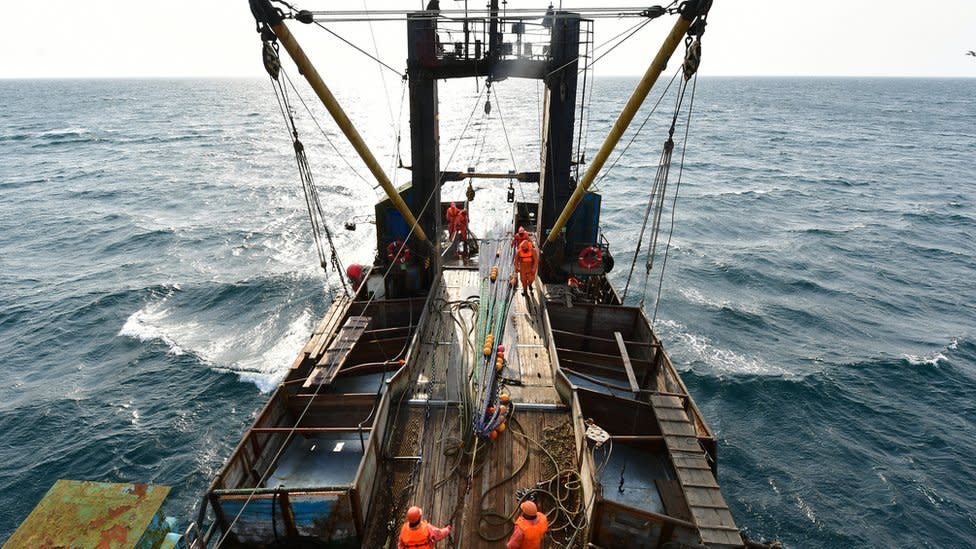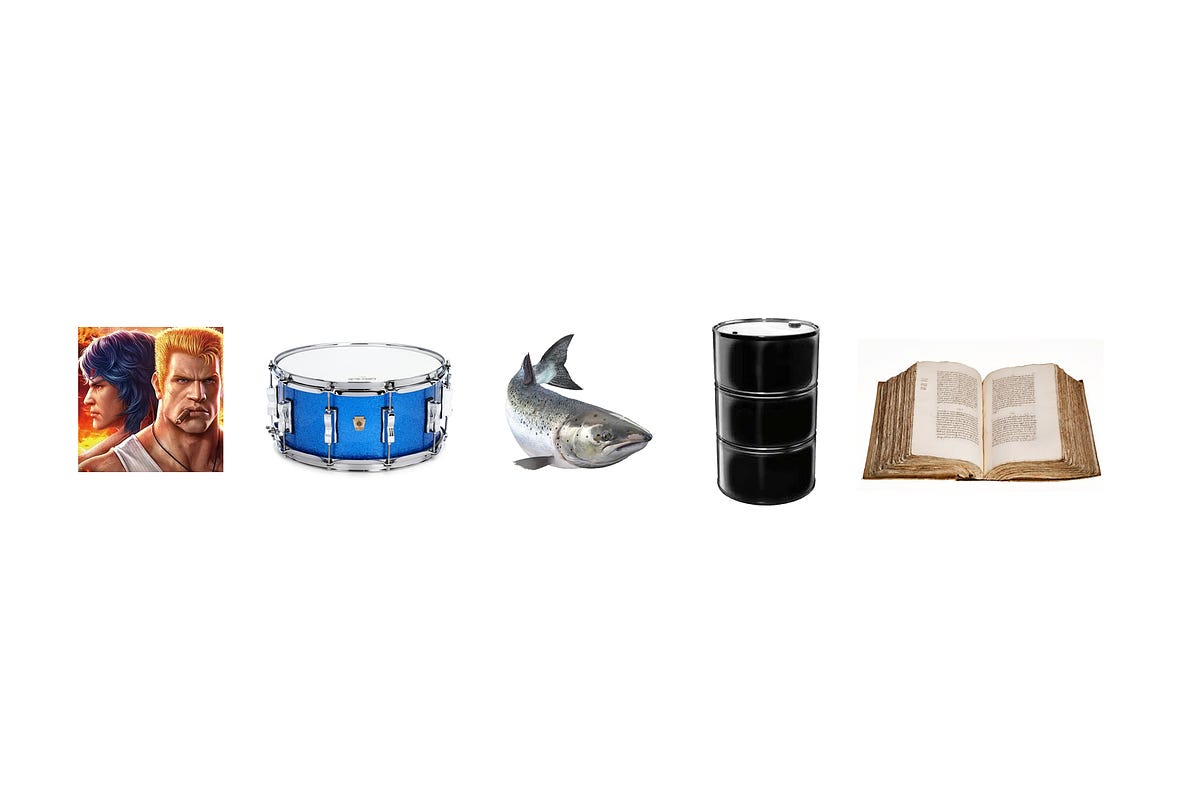
Fish 'not as carbon friendly' as previously thought
Previous research indicated that seafood has a smaller carbon footprint than other animal proteins, because fishing doesn't require farmland or the care of livestock.
But a new study published in Nature and led by Dr Enric Sala, claims that catching fish using heavy nets that drag across the seabed - known as bottom trawling - emits about the same amount of carbon dioxide (CO2) globally as the aviation industry.
Seabed sediments that act as huge carbon sinks are churned up during this kind of trawling - and this results in CO2 being released.
"The ocean is full of little creatures that we call the plankton, microscopic algae and microscopic shrimp and so forth," says Dr Sala, explorer-in-residence at National Geographic.
Speaking to the BBC World Service's, The Climate Question, he says "most of these creatures, when they die, will sink to the bottom of the ocean. And over thousands and millions of years, those little organisms will accumulate first forming mud".
His paper calculates that on average, about 1Gt (gigaton) of carbon dioxide is created because of bottom-trawling activities. "That's about 2% of the global CO2 emissions," he says.























